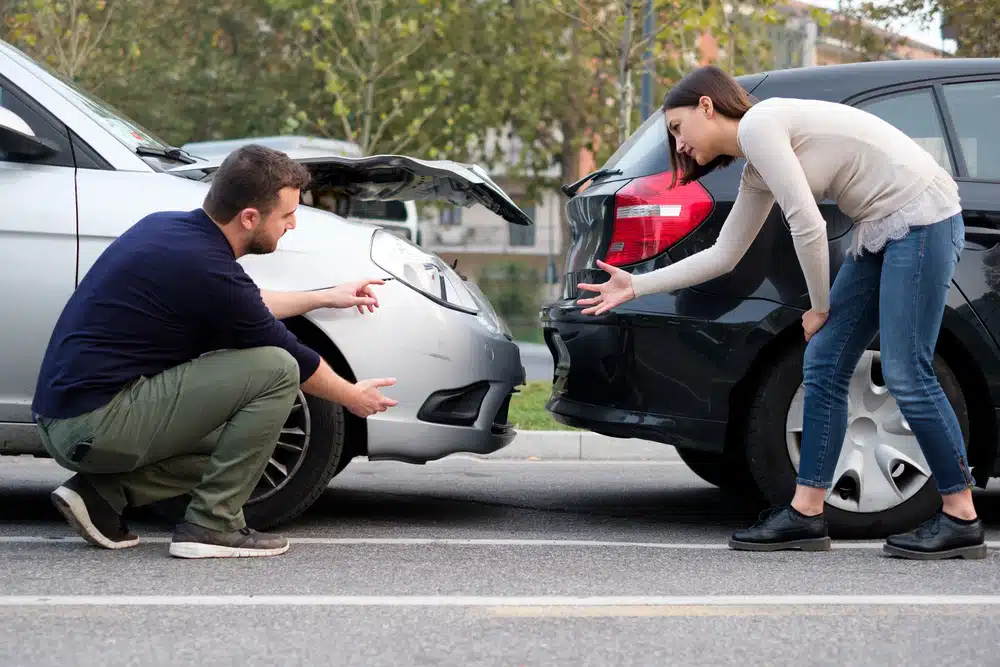Introduction: Understanding the Liability When Someone Else Drives Your Car
We’ve all been there — a friend or family member needs to borrow your car for a quick errand or emergency. But what happens if they get into an accident while driving your vehicle? The immediate and long-term consequences can be complicated, affecting everything from your insurance premiums to potential legal liabilities. This guide aims to provide a comprehensive understanding of what to expect in such situations.
Insurance Policy Coverage: Whose Insurance Takes the Lead?
When an accident occurs, and someone else was driving your car, the first question that usually arises is, “Whose insurance will cover the damages?” Generally, car insurance follows the car, not the driver. This means that in most cases, your insurance policy will be the primary source for covering the damages. However, the driver’s insurance may also come into play as secondary coverage, especially if your policy limits are exceeded.
Factors Determining Liability: The Variables in Play
Permission Given: The Role of Consent in Determining Fault
One key element that can sway the situation significantly is whether you gave explicit permission for the person to drive your car. If you did, your insurance would typically be responsible for covering the damages. However, if your vehicle was taken without your permission, you might not be held liable, depending on the specifics of the situation and your insurance policy.
State Laws: A Geographical Factor
Different states have varying laws on auto insurance and liabilities. Some states have “no-fault” policies, while others hold the at-fault driver accountable. It’s crucial to be aware of your state’s regulations to understand the full scope of your liabilities.
Immediate Steps After the Accident: What You Should Do
If an accident happens while someone else is driving your car, you should:
- Make Sure Everyone is Safe: Check on the well-being of all parties involved.
- Contact Authorities: Call the police and file an official report.
- Exchange Information: Obtain contact and insurance details from everyone involved.
- Document the Scene: Take photographs and collect any other evidence.
- Inform Insurance Companies: Notify your insurer and the driver’s insurer about the accident.
The Role of Deductibles and Premiums: Financial Consequences You Should Know
After an accident, you’ll likely have to pay a deductible for your insurance to kick in and cover the remaining costs. Additionally, your insurance premiums may increase, depending on the severity of the accident and whether you have a history of previous claims.
Long-Term Impact on Your Insurance Record: The Unseen Consequences
An accident with your car, even if you’re not the driver, can stay on your insurance record for several years. This long-term impact can make future insurance premiums more expensive for you.
Legal Implications: Navigating the Judicial Labyrinth
The legal ramifications can be complex. For instance, if the driver was intoxicated or engaged in illegal activities, you might also be held partially responsible, especially if you knowingly allowed them to use your car under such conditions.
Protecting Yourself: Preventive Measures You Can Take
To safeguard against potential consequences, consider:
- Setting Boundaries: Limit who has access to your car.
- Verify Insurance: Make sure the person driving your car has valid insurance.
- Legal Documentation: For extended borrowing, formalize the agreement with legal documents.
FAQs: Frequently Asked Questions
- What should I do immediately after the accident?
- Follow the steps outlined in the “Immediate Steps After the Accident” section.
- Will my premiums increase if someone else crashes my car?
- It’s likely, although it depends on your insurance policy and your previous claims history.
- Do state laws affect my liability?
- Yes, different states have different regulations regarding auto insurance and liabilities.
- What if the driver was intoxicated?
- You could potentially be held partially responsible, especially if you knowingly allowed them to drive your car while intoxicated.
- Can I refuse to let my insurance cover the accident?
- Generally, you can’t refuse, as car insurance typically follows the car, not the driver.
- How long will the accident stay on my insurance record?
- Usually, accidents remain on your record for 3 to 5 years, affecting your future premiums.
Conclusion: Final Takeaways on Someone Else Driving Your Car and Getting in an Accident
Understanding the complexities surrounding what happens if someone else is driving your car and gets in an accident is crucial. From insurance policies and premiums to legal ramifications and state laws, multiple variables could influence the outcome. Protecting yourself starts with knowing what to expect and taking proactive measures to minimize risks. Always consult with insurance and legal professionals to navigate these complicated situations effectively.

